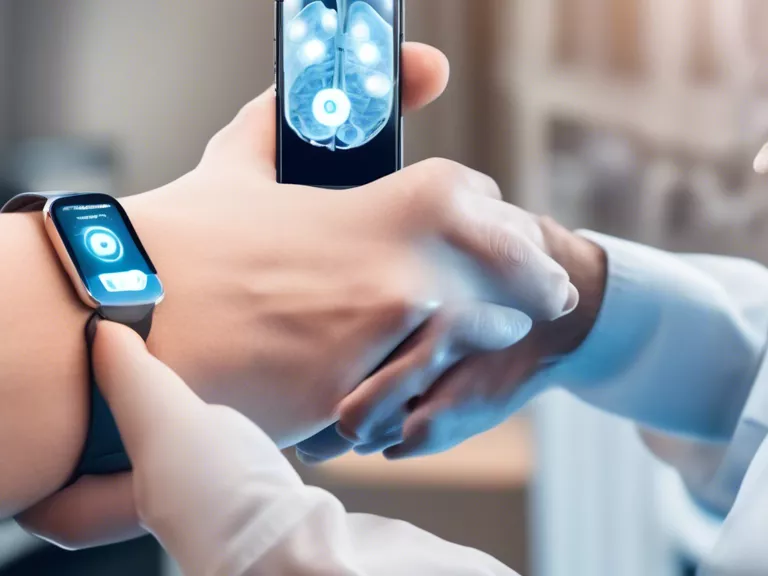
AI technology is revolutionizing the way health conditions are diagnosed through wearable devices. These devices, equipped with sensors and advanced algorithms, can monitor various physiological parameters and provide valuable insights into a person's health. From detecting heart abnormalities to predicting chronic diseases, AI-powered wearable technology is making healthcare more accessible and personalized than ever before.
One of the key benefits of AI in diagnosing health conditions is its ability to analyze large amounts of data quickly and accurately. Wearable devices can continuously collect data such as heart rate, blood pressure, and activity levels, which can be analyzed in real-time by AI algorithms for any deviations from normal patterns. This early detection can help in the timely diagnosis and treatment of various health conditions, ultimately improving patient outcomes.
Furthermore, AI can also help in predicting health issues before they manifest physically. By analyzing patterns in the data collected by wearable devices over time, AI algorithms can identify trends and risk factors that may lead to chronic diseases such as diabetes or hypertension. This proactive approach allows for early intervention and lifestyle modifications that can help prevent the onset of these conditions.
Moreover, AI-powered wearable technology can also assist healthcare providers in remote patient monitoring. By continuously tracking vital signs and other health parameters, these devices can alert healthcare professionals to any concerning changes in a patient's health status. This real-time monitoring can be especially beneficial for patients with chronic conditions who require regular check-ups and adjustments to their treatment plans.
In conclusion, the integration of AI with wearable technology is transforming the way health conditions are diagnosed and managed. By leveraging the power of AI algorithms and data analytics, wearable devices can provide valuable insights into a person's health, leading to early detection, proactive intervention, and personalized care. As this technology continues to evolve, we can expect to see more innovative solutions that empower individuals to take control of their health and well-being.



